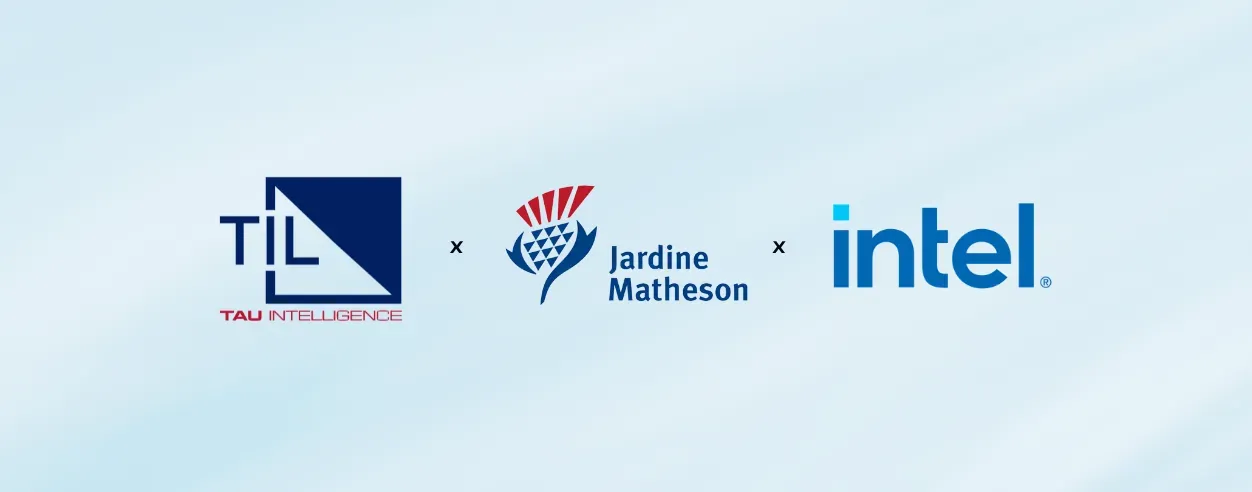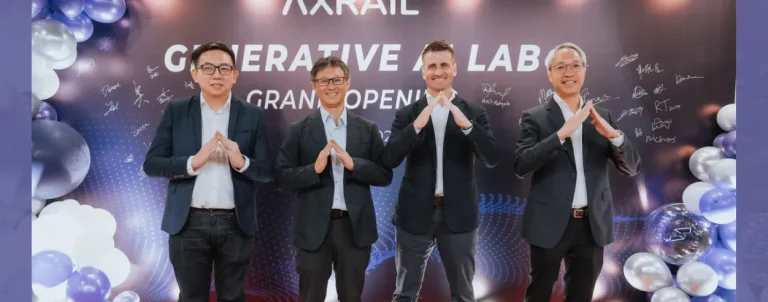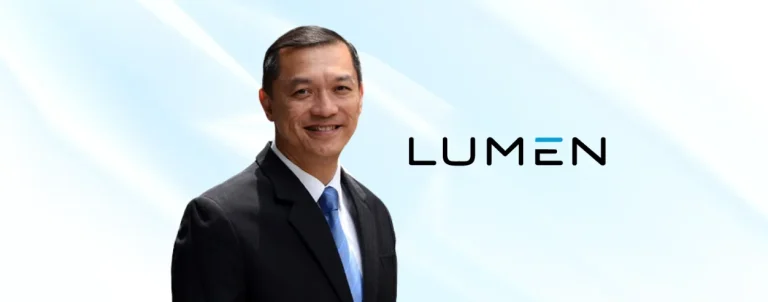Singapore – TAU Intelligence, a Singapore-based artificial intelligence startup, has announced that it has recently partnered with consumer services firm Jardine Matheson and technology firm Intel to introduce enhanced resource-efficient AI solutions.
In their latest statement, the company said that the partnership is aimed at advancing the application of generative AI through the launch of industry-first proofs-of-concept (PoCs) for Jardines, which focuses on legal contract review and customer service.
This is further reinforced using TAU Intelligence’s moderate-sized Large Language Model (LLM), which will be customised with on-premises fine-tuning by the Jardines team.
Furthermore, the solutions established within the partnership will be tested on Intel’s next-generation Xeon® processors for data centres, cloud, and edge workloads.
This collaboration will utilise Intel Xeon processors in terms of delivering significant advancements in performance with industry-leading Intel accelerator engines and improved performance per watt across key workloads including AI, data analytics, high-performance computing (HPC), and others.
Professor Lam Kwok Yan, co-founder at TAU Intelligence, said, “The approach on these PoCs is distinct from the current trend where LLMs are rapidly expanding in size and consumption of energy and computing power. By focusing on domain-specific knowledge, we can fine-tune AI models in order to deploy smaller LLMs in a safe manner, mitigating the problem of hallucination and ensuring the responsible use of AI.”
Anne O’Riordan, group digital director at Jardine Matheson, further stated, “These PoCs tackle real business challenges, enhancing operations by combining high-quality output with resource efficiency while ensuring the security of our proprietary data. We’re excited to see the results of this engagement and by the potential for future collaboration.”
Also speaking about the initiative, John Koshy, head of group legal affairs at Jardine Matheson, said, “Its experience in AI safety and dedication to fostering responsible AI strongly align with Jardines’ core pillars of innovation and sustainability.”











